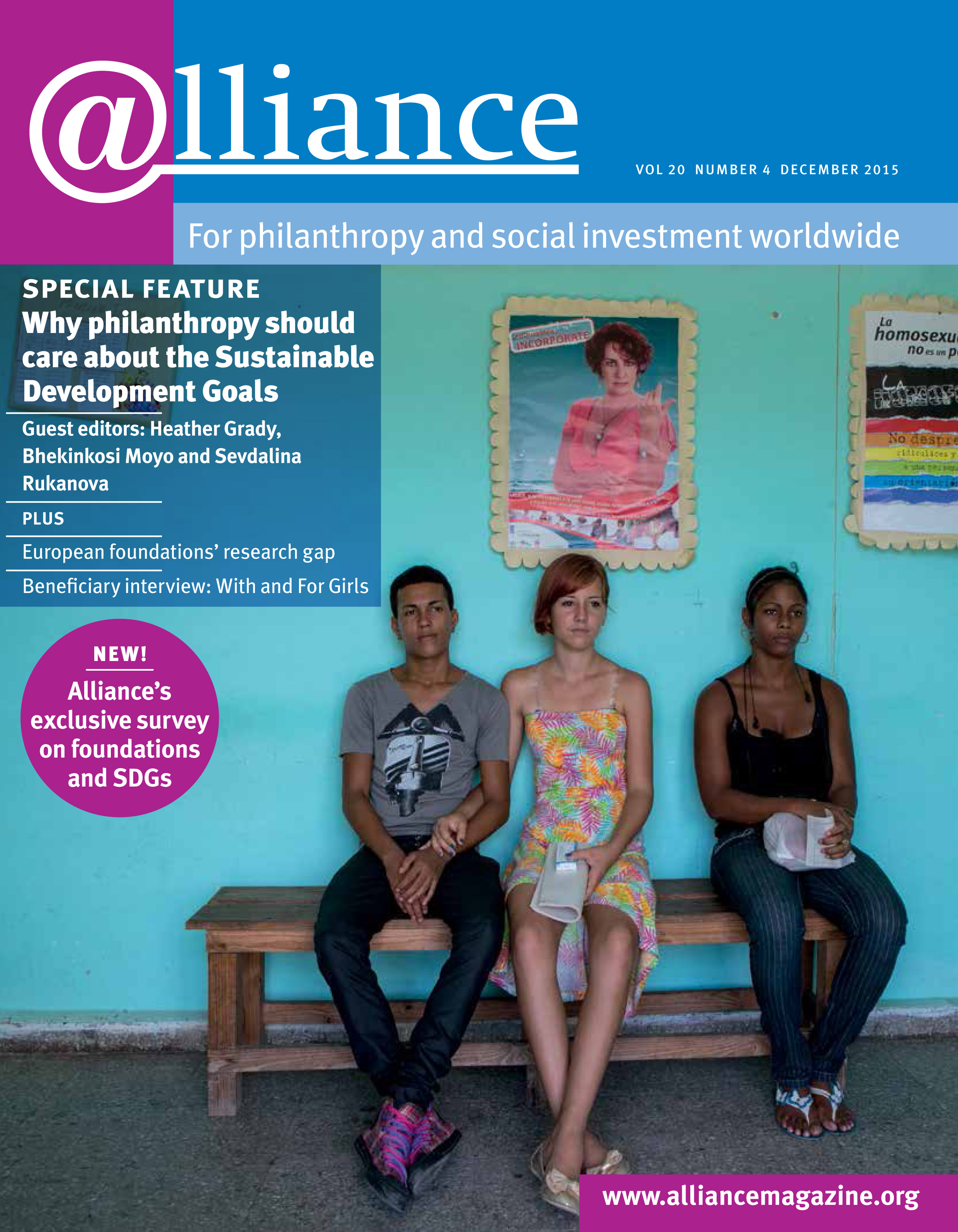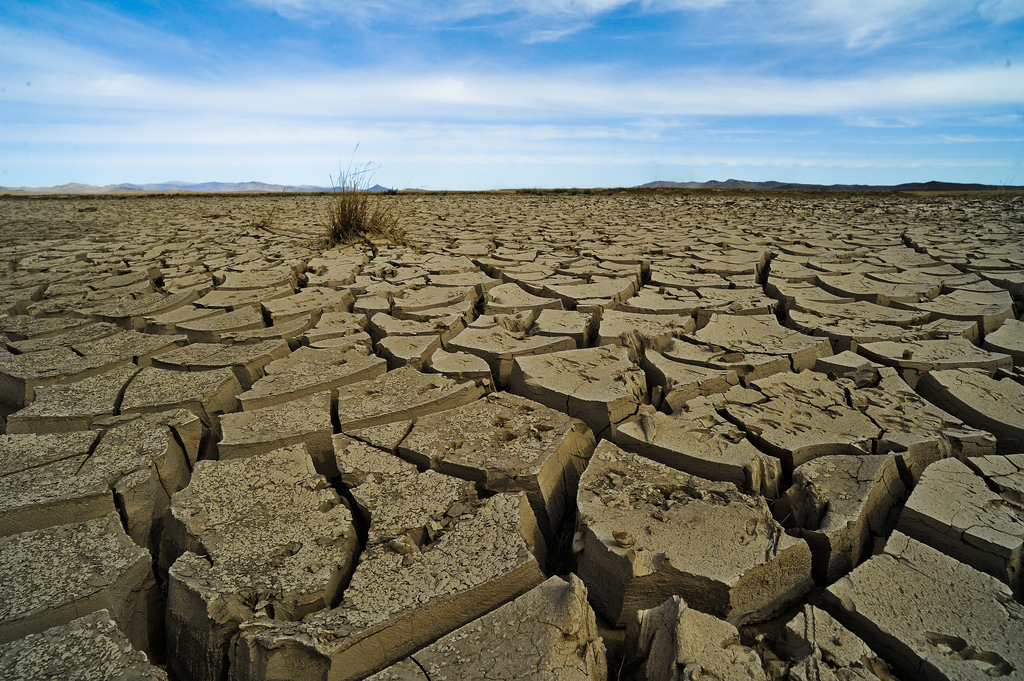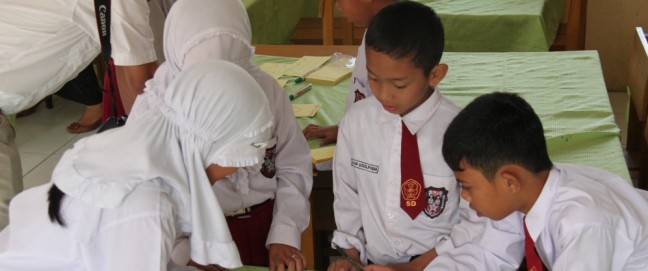Sustainable development and climate change are inextricably linked. The governments of the world recognized this in formulating Goal 13 of the Sustainable Development Goals, ‘take urgent action to combat climate change and its impacts’.
Left unchecked, climate change has the potential to impede development progress – or even roll back decades of hard-fought development gains. The great injustice of climate change is that the impacts are hitting hardest those people in the most vulnerable situations – often in communities that have enjoyed no benefit from the fossil fuel-based development that has given rise to the climate crisis.
Climate justice seeks to remedy this injustice. It links development, human rights and climate change to achieve people-centred action, safeguard the rights of the most vulnerable, and share the burdens and benefits of climate change and its resolution equitably and fairly. By identifying climate and development synergies in the implementation of the SDGs we have an opportunity to simultaneously advance climate justice.
For instance, a response to Goal 7 on energy that ensures affordable, renewable technologies are available to developing countries will also guarantee countries do not get locked into a fossil fuel infrastructure with a devastating impact on the climate. Similarly, efforts to implement Goal 12 – sustainable consumption and production – can significantly enhance emission reductions. Food waste is a good example of this – every year we emit 3.3 billion tonnes of greenhouse gases producing food that goes to waste – this is more than four times the annual emissions from sub-Saharan Africa.
Philanthropists are perhaps best placed to trailblaze these climate justice pathways. They could consider Goal 13, which calls on governments to ‘integrate climate change measures into national policies, strategies, and planning’. Philanthropy could integrate climate measures across their portfolios.
The SDG’s intention to ‘realize the human rights of all and achieve gender equality and the empowerment of all women and girls’ is central to the design of morally sound climate responses.
‘Climate change exacerbates existing inequalities and undermines human rights like the right to food and the right to water.’
Climate change exacerbates existing inequalities and undermines human rights like the right to food and the right to water. Action on climate change can also undermine rights. We have seen instances of forced displacement to build hydroelectric dams or protect forest, for example. By demanding best practice in terms of the right to participation and access to information for communities affected by the programmes they support, foundations will avoid harmful unintended outcomes.
These key climate justice points were highlighted in September, when philanthropists, development specialists and government officials discussed opportunities for the philanthropic community to support the new development agenda. The event was part of the Post-2015 Partnership Platform for Philanthropy. A roundtable focused on climate justice highlighted five ways philanthropy could engage with the climate dimensions of the SDGs:
- Channel greater investment into climate action particularly adaptation actions.
- Enhance integration of climate across philanthropic portfolios and remove silos.
- Support the collection and dissemination of enhanced data to allow for risk‑informed development.
- Engage in partnerships that bridge government and the private sector.
- Support climate change education.
The world needs the development agenda to urgently deliver innovative action that is good for people and for the planet. Understanding the links between development and climate change and acting accordingly requires foresight and comprehensive planning. Ensuring that actions protect people living in poverty or vulnerability requires a climate-justice approach. This is challenging, but philanthropic capital should be the most experimental capital.
Understanding the links between development and climate change and acting accordingly requires foresight and comprehensive planning.
While we do not yet know the finer details of the climate agreement being negotiated in Paris at the UN Climate Change Conference COP 21 – a fair, ambitious and legally binding agreement is necessary to deliver what both science and justice demands – progress in the first four years of the new development agenda has the potential to radically shape the implementing environment for the climate agreement that will come into effect on 1 January 2020. Within this unique opportunity, philanthropy can play a transformative role in supporting sustainable development that furthers climate justice.
Sean McCabe is policy assistant at the Mary Robinson Foundation – Climate Justice. Email info@mrfcj.org
For more discussion on the SDG debate, listen to our Alliance Audio podcast.







Comments (0)